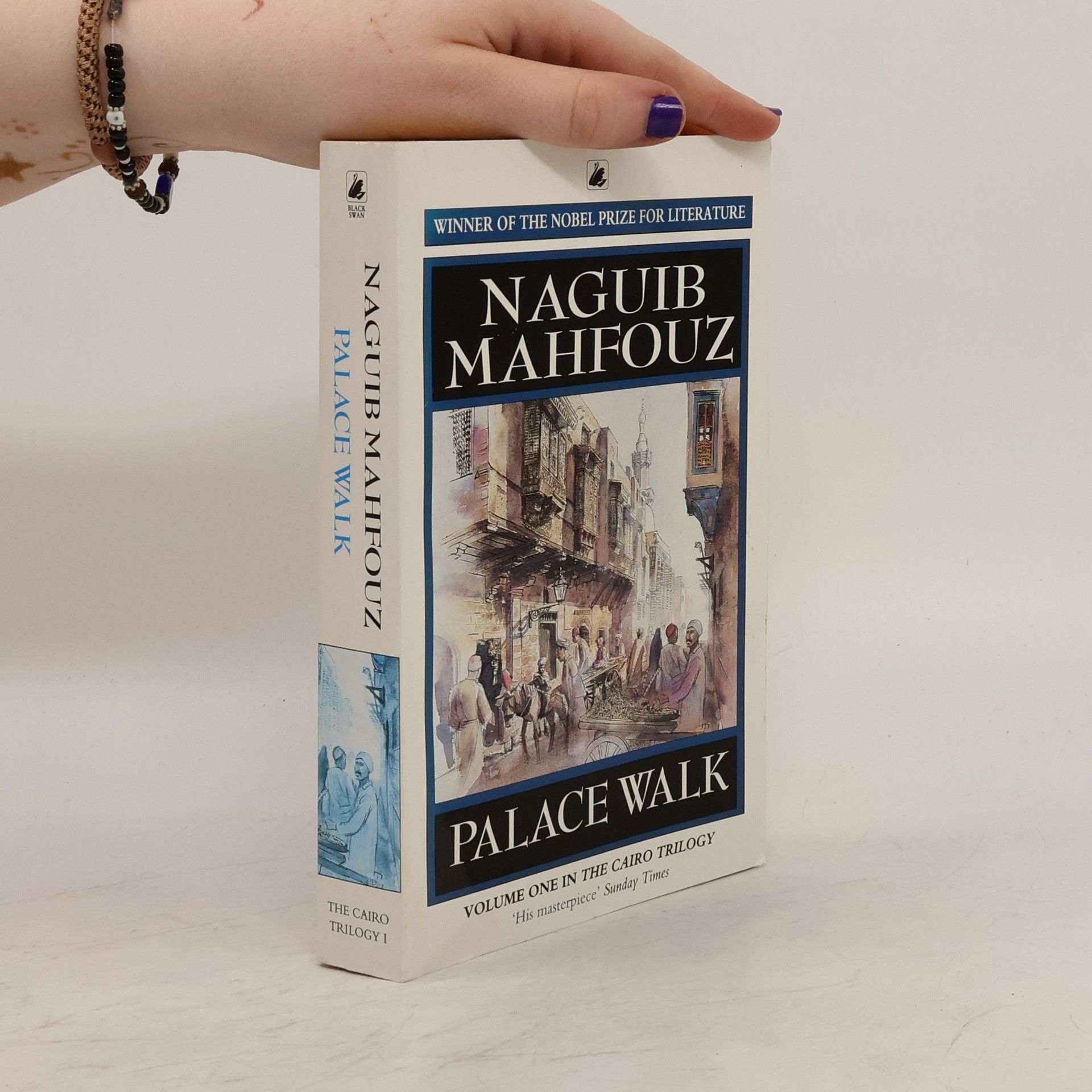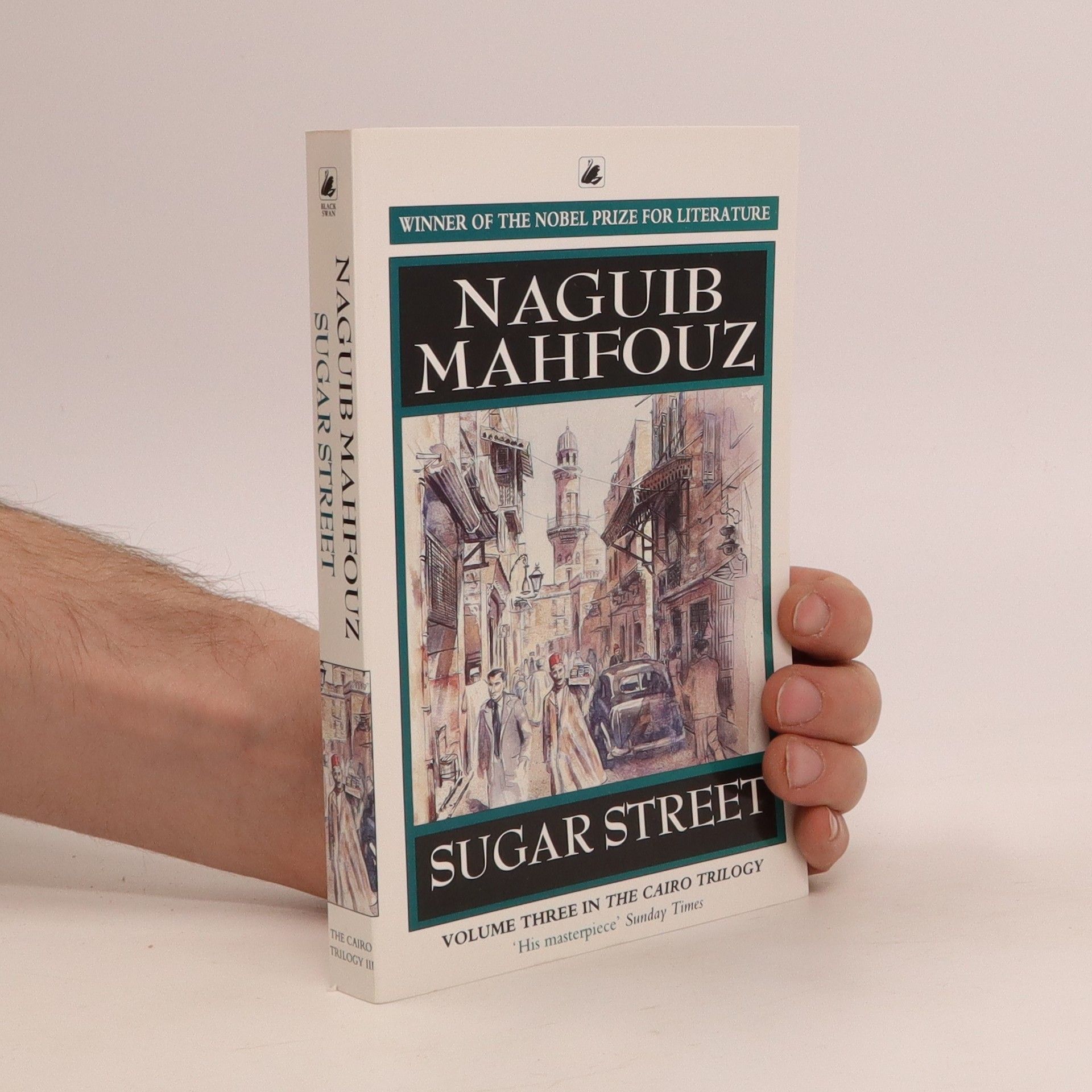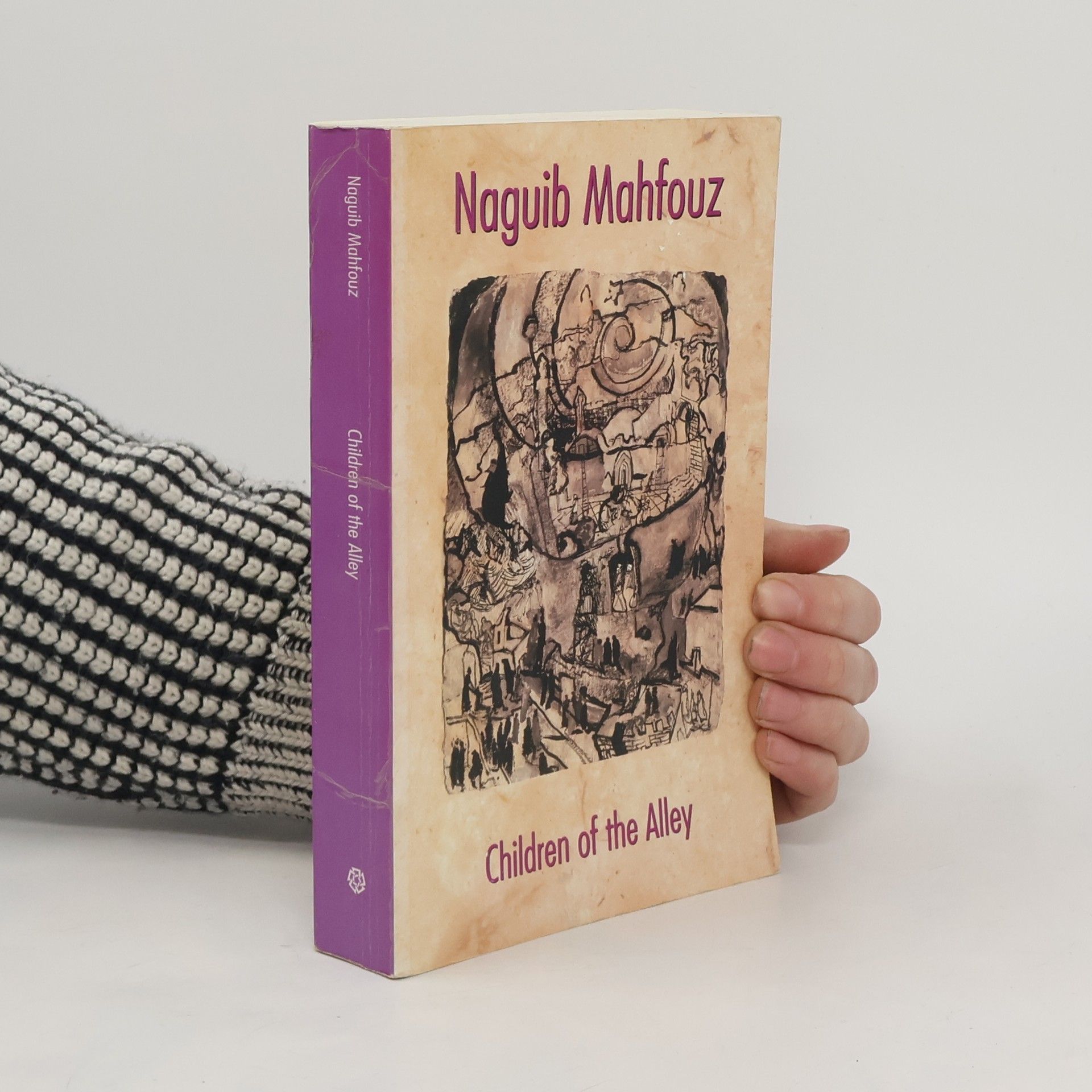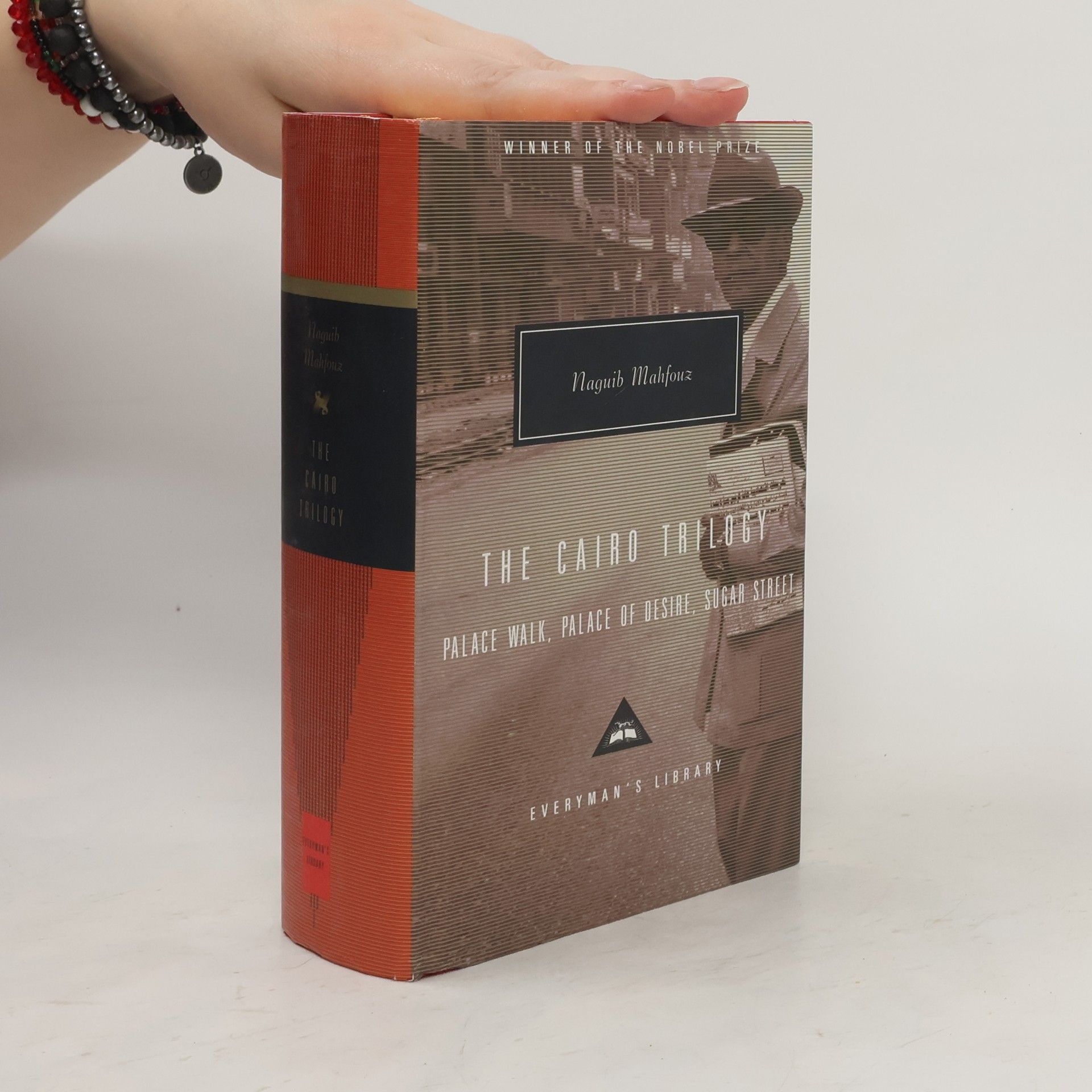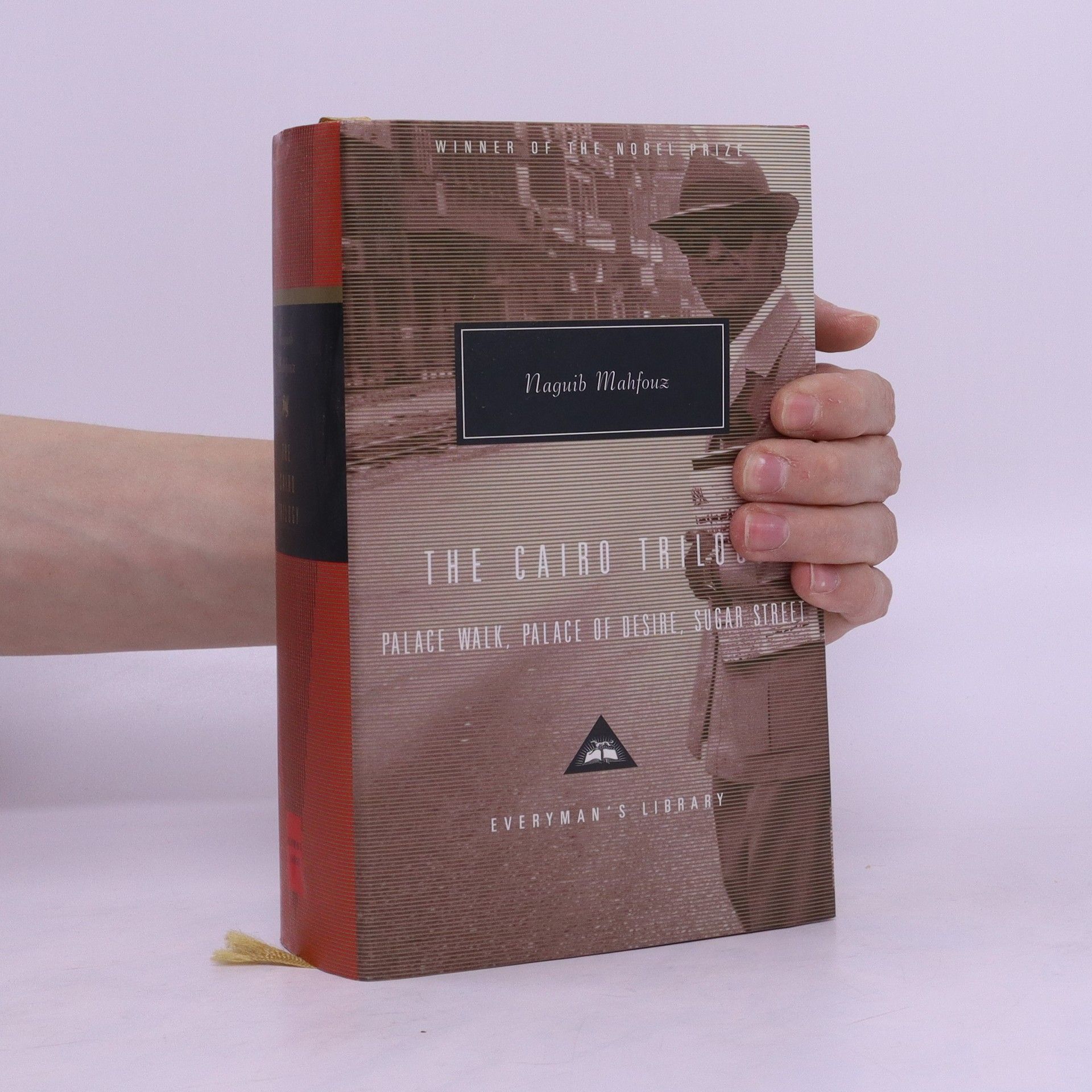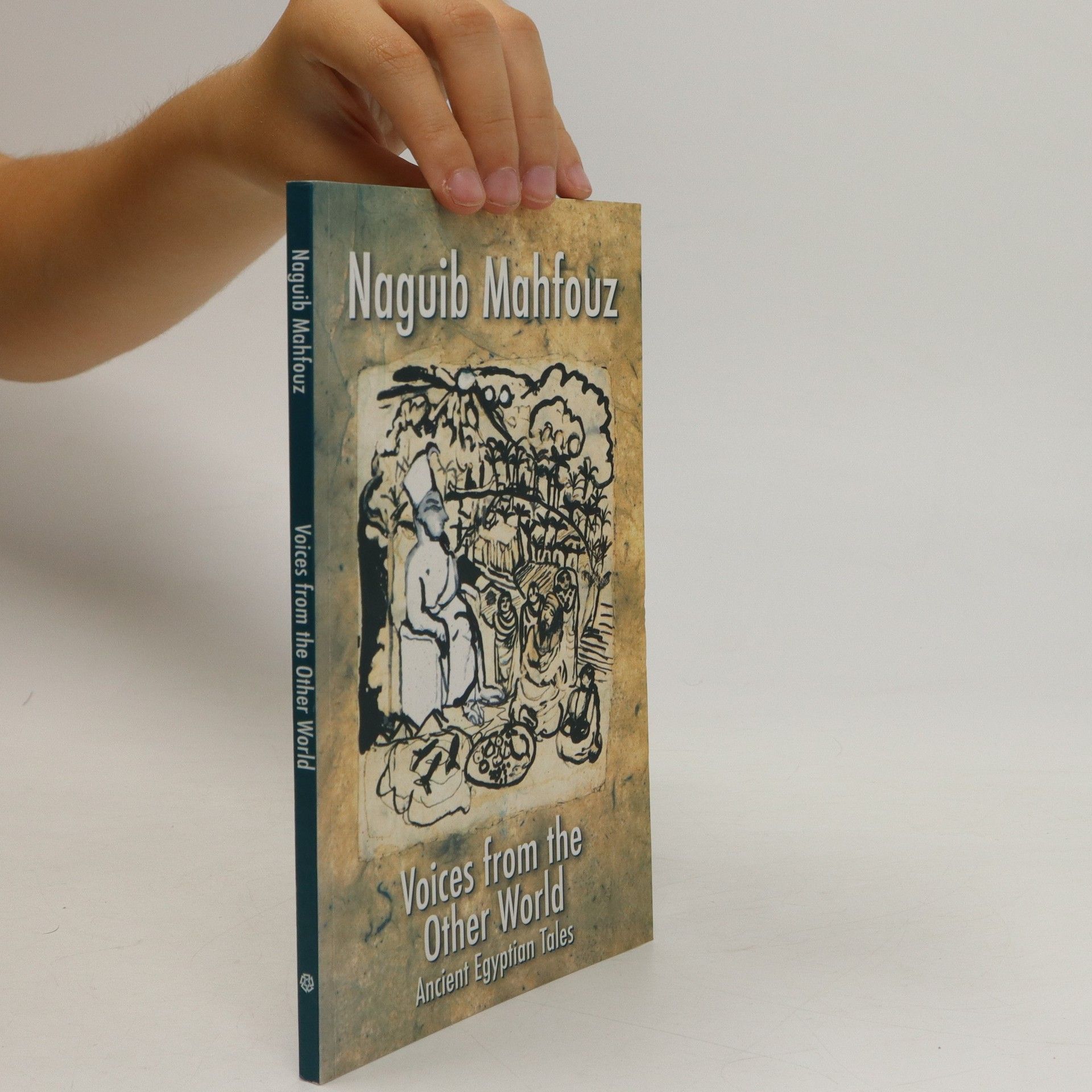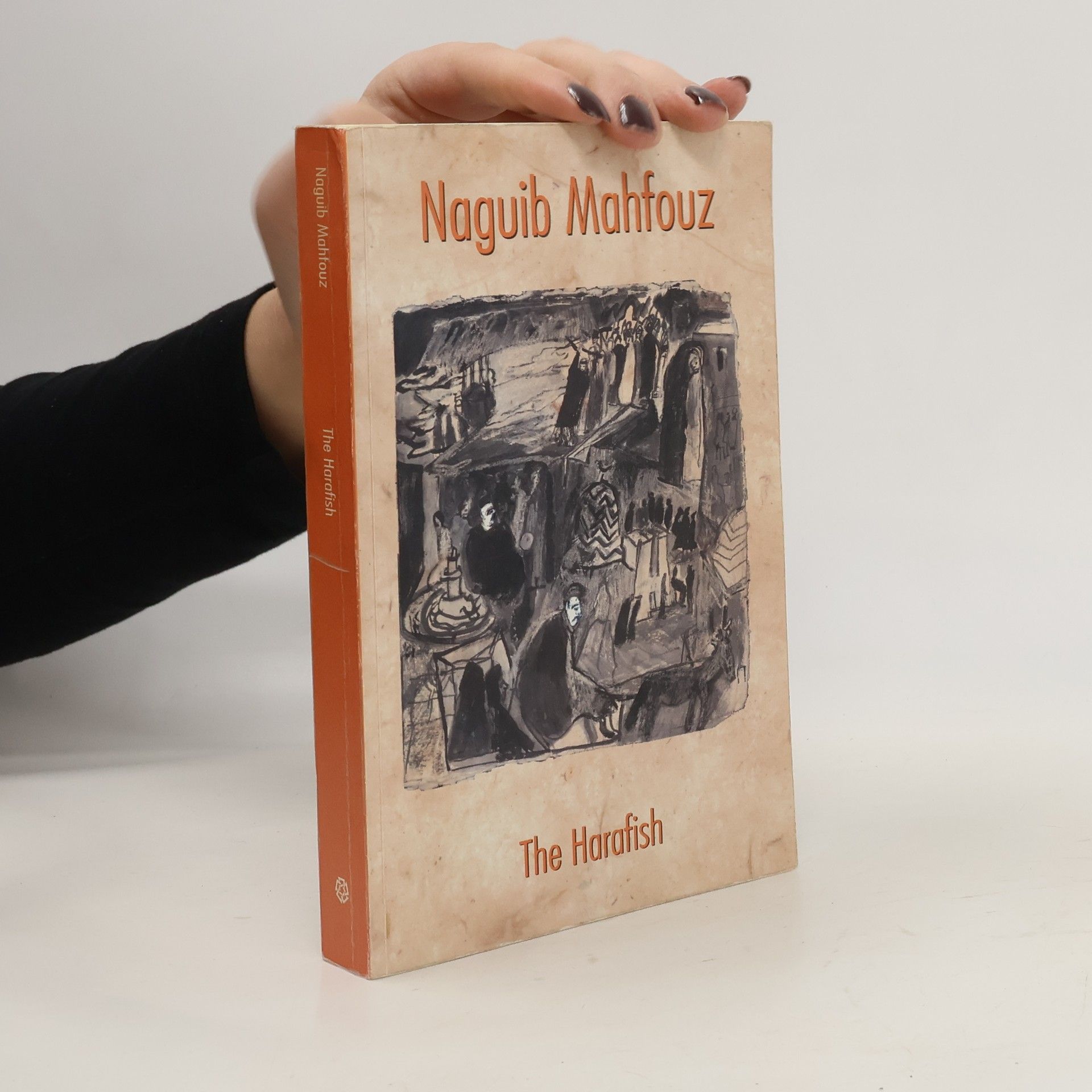The Cairo trilogy
- 1313 pages
- 46 hours of reading
Mahfouz's epic trilogy unfolds the story of a Muslim family in Cairo during Egypt's British occupation in the early to mid-20th century. This masterwork, presented in one volume for the first time, captures the lives of the family led by the tyrannical patriarch al-Sayyid Ahmad Abd al-Jawad, who enforces strict control while indulging in secret pleasures. In Palace Walk, we meet his gentle, oppressed wife Amina, his cloistered daughters Aisha and Khadija, and his three sons: the tragic idealist Fahmy, the hedonistic Yasin, and the introspective Kamal. As the narrative progresses to Palace of Desire, the rebellious children strive to break free from their father's domination amid the modernizing influences and political upheaval of the 1920s. Sugar Street culminates the trilogy with a dramatic climax, showcasing the aging patriarch witnessing the divergent paths of his grandsons—one a Communist, another a Muslim fundamentalist, and the third a lover of a powerful politician. Throughout the trilogy, the family's struggles reflect the broader turmoil of their country during the two World Wars, as society grapples with change after centuries of resistance. Rich in drama, humor, and insight, this work exemplifies the artistry of a master storyteller.

